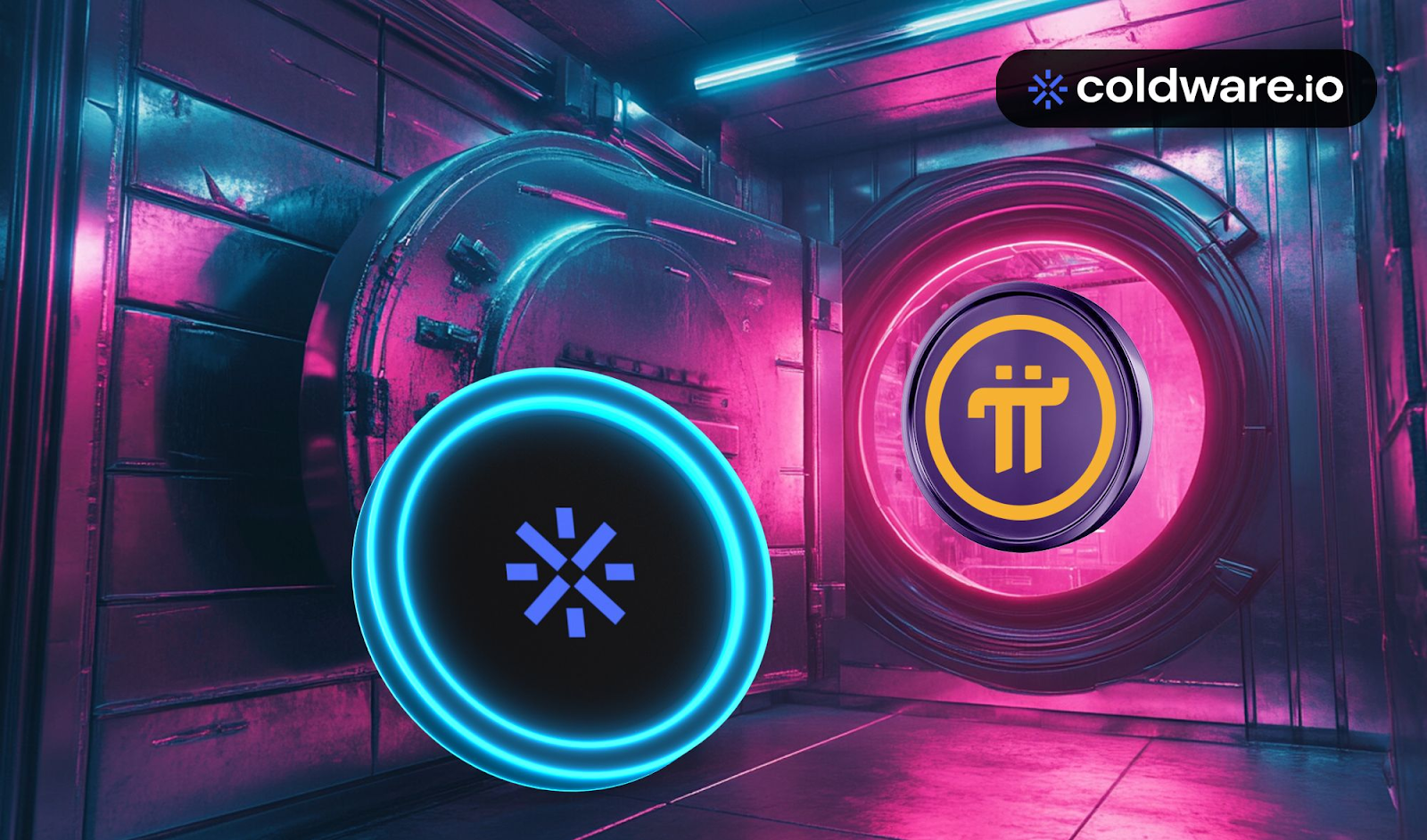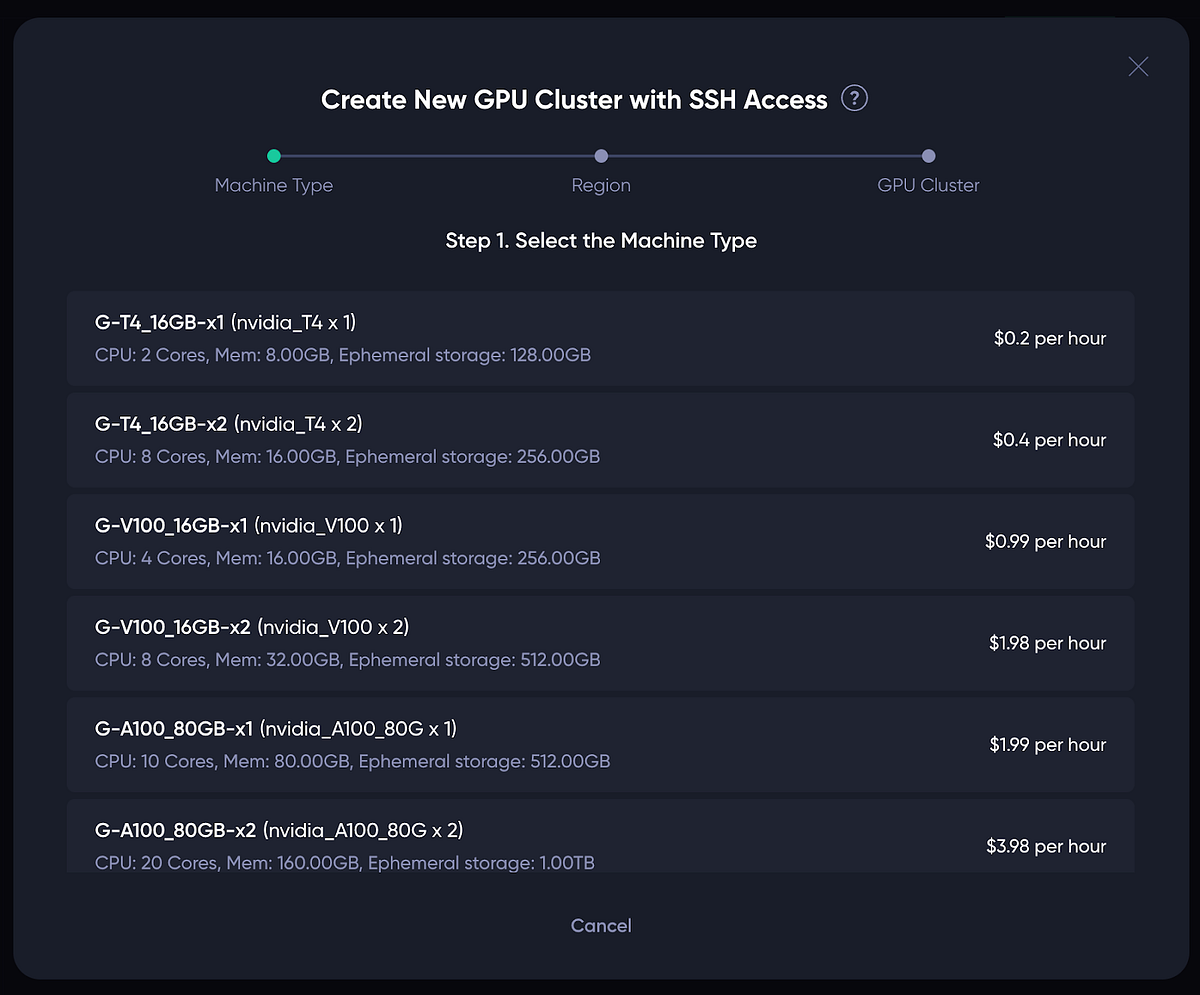MapMetrics Unveils Exciting Updates for Android and iOS Platforms

In a recent development report, the MapMetrics team has shared exciting updates for both Android and iOS platforms, aimed at enhancing user experience and interactivity. Although these features are still in development, they reflect the team’s commitment to addressing user feedback and improving the app’s overall functionality. Key updates include a redesigned wallet interface and a new Invite Friend feature for Android users, both of which are set to streamline navigation and community growth. Additionally, the Android team has implemented various user feedback suggestions to fine-tune the app’s usability, ensuring a more responsive experience for its users.
On the iOS side, the development team is working on several major updates that promise to enhance navigation and user interaction. Notably, the introduction of landscape mode will cater to users who prefer a wider viewing experience. Furthermore, an Activity Tracking permissions screen is being added to the onboarding process, allowing new users to understand and set up tracking features easily. Other updates include online search functionality for real-time location assistance and a revamped Invite Friend feature, designed to simplify sharing the app with others. These improvements are all aimed at creating a more intuitive and user-friendly experience for iOS users.
The importance of these updates cannot be overstated, as they reflect MapMetrics’ dedication to evolving alongside user needs. By focusing on user feedback and implementing meaningful changes, the team is crafting a navigation tool that is not only reliable but also engaging. As the rollout of these features approaches, users can look forward to a more interactive and responsive app experience. The MapMetrics team encourages users to stay tuned for future updates and appreciates the ongoing support and feedback from the community, which plays a crucial role in the app’s continuous improvement.
Related News





